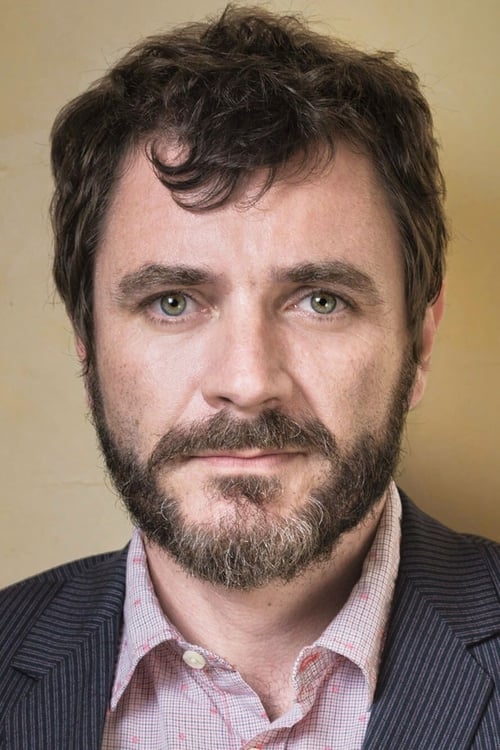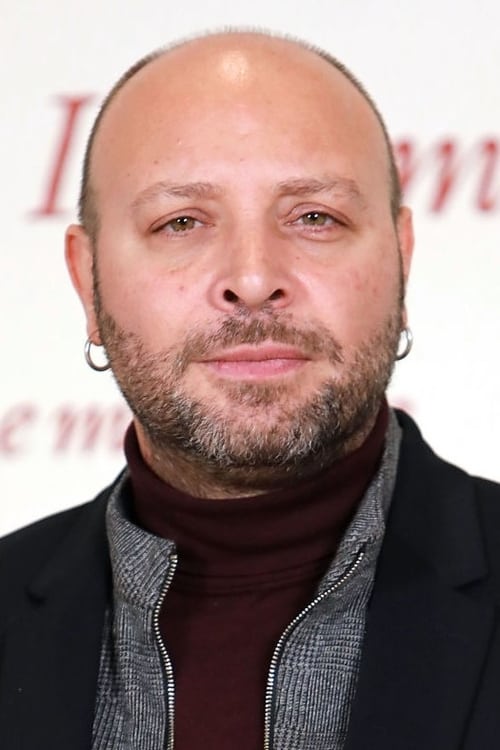The Hours of the Day (2003)
Gênero : Drama
Runtime : 1H 43M
Director : Jaime Rosales
Sinopse
Abel lives with his mother in a small town on the outskirts of Barcelona. His life, grey and boring, is based on the small family business, his mother's house, his girlfriend's bed, and the town bars. However under an appearance of quiet and gentle man, Abel hides a dark and morbid personality.

An anthropologist goes to the mountains to study the problems of the indigenous people and finds out that they are being dispossessed of their lands.
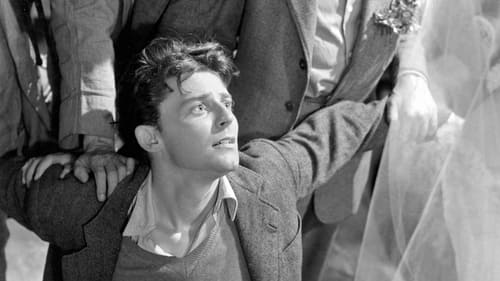
Michel has stolen from his employer, Mr Bellanger, for the love of Juliette. He is now in jail. One night, while sleeping in his cell, he wakes up all of a sudden, the gates open and he finds himself in a strange village where all the inhabitants have lost their memory. There, meets Juliette again who seems to agree to marry a powerful man, who might well be Bluebeard...

The first part of this documentary deals with the Portuguese neurologist António Egas Moniz, Nobel Prize for Medicine in 1949, one of the first surgeons to apply the technique called lobotomy for the treatment of schizophrenia. The second part deals with the everyday life of people with schizophrenia today: behavior and relationships, and treatment for the disease.

A handyman named Hans moves to a small town in Majorca where his his presence strikes a discord with the local residents.
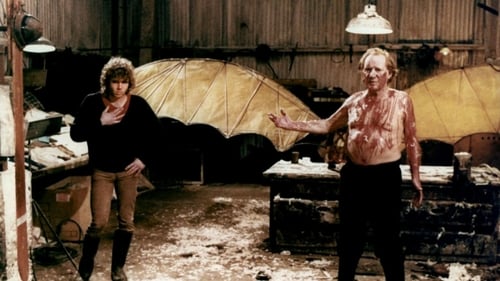
A young drifter meets up with a strange old man who claims that he has been taught to fly by birds

Fermín (Carmelo Gómez) is a Basque doctor who arrives on the island of Lanzarote. Meet a beautiful girl named Mararía (Goya Toledo), which falls in love in silence. One day a handsome Englishman named Beltrahn (Iain Glen) appears, who will win the love of Mararía and unleash the wrath of Fermín, who will lead the lovers to misfortune, destroying himself at the same time and becoming another kind of person, capable to get to kill for love.
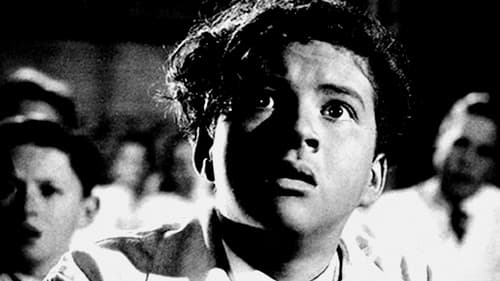
While committing a prank, a child accidentally discovers the identity of the criminal who keeps the whole neighborhood on alert. For fear of being punished, he does not tell what he knows to his father, a police officer.
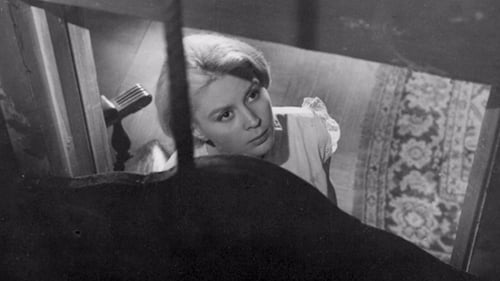
Se relata la historia de Laura (Elsa Daniel), desde su salida del colegio interno de monjas, pura y virginal (impactante la primera escena de Laura personificando a la Virgen María en un acto de fin de año de la escuela) hasta su regreso a la ciudad (ya como amante de Francisco Rabal). Laura llega a su casa donde viven su madre y su tía, en un ambiente oscuro y riesgoso. Sabe que en el altillo, está el opa de la familia, un ser que avergüenza a todos, pero que se mantiene oculto. Laura, en complicidad con su novio (Leonardo Favio) descubrirá quién habita realmente ese altillo y qué secreto encierran todos. La película fue una coproducción con España y contó además de Elsa Daniel, Francisco Rabal y Leonardo Favio en el elenco, con María Rosa Gallo, Berta Ortegosa, entre otros.

José, a fifty-year-old homosexual magician, feels the need to return to Granada, the place where he spent his childhood, perhaps to embrace the painful memory of tragic experiences, perhaps to bury it definitively.
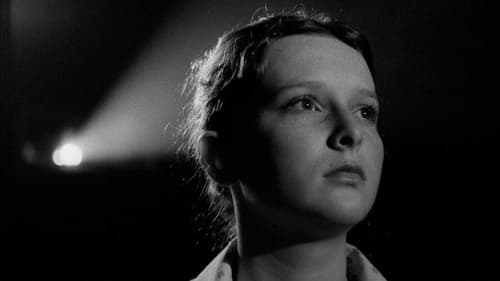
Profundamente marcada pela prisão do pai, do qual nunca mais recebeu noticías, em 1938, na ex União Sovietica, para onde a família tinha emigrado e pela morte da mãe por epidemia de tifo, a diretora hungara, Márta Mészáros, nos apresenta uma obra semi autobiográfica... 1947. Uma jovem Hungara, Juli, orfã (seu pai, comunista refugiado na União Sovietica, foi fuzilado durante as purgas estalinistas), regressa ao seu país em ruínas, depois da guerra mundial.. Ela é confiada a uma tia, Magda, uma resistente antifascista e firme defensora do novo regime na Hungria... Venceu o grande prémio do jurí, em Cannes.

Fito (Juan Sanz) is a poker addict truck driver and labor problems that his wife Juana (Zay Nuba) tries to overcome. A day will come Pedro (Jose Coronado), the brother Fito, absent from his life for 13 years.

The night Celia unsuccessfully attempts suicide, a teenage girl (Melany) is raped and murdered nearby. Miguel Ángel, the police officer in charge of finding the perpetrator of the crime, digs around Celia and her closest circle, including her two sisters (Carmen and Ángela) and her husband Agustín. While the cop suspects about the girl's boyfriend (Pedro), Celia suspects about her husband.

A young girl is sent to a South American hacienda, where she learns about the life of her reclusive aunt, Oriana.

A vixen mother invades a chicken coop to provide food for her cubs. She continues to raid the coop until she is shot by a farmer. The cubs are attacked by the farmer and only one survives. An otter trapped in a burrow is rescued by 10-year-old Anders and his six-year-old brother, Kjell. In secret, the boys cage the animal and finally domesticate it. They obtain food for the Otter by fishing through the ice on a frozen lake. The boys manage to keep their secret from their family. On the eve of the May Day festival, Kjell reveals to family and friends the otter's presence. Anders is so distressed that he runs into the woods with the otter. The otter breaks away and returns to its life of natural freedom. The film was a prize winner at the 1954 Cannes Film Festival.

Michel Recanati was a militant leader in the May, 1968 riots in Paris, organizing many groups to meet, discuss, and act on leftist principles both before and after the disturbances. He was imprisoned for a short while in 1973. Disillusioned after the failure of the demonstrations and the death of the only woman he had loved, his life seems to have changed from a period of hope and activism to one of bottomless despair. His friend, Romain Goupil wrote and directed this biographical documentary. Death at 30 received the 1982 Cannes Film Festival's Golden Camera Award for "Best First Feature-Length Film."
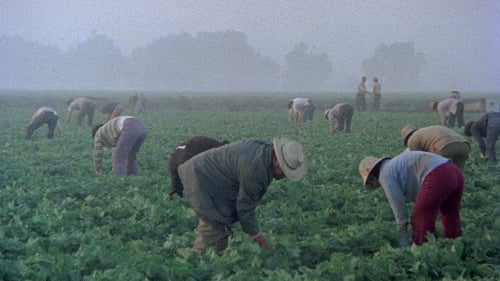
After the birth of his first child, Roberto, a young Mexican man, slips across the border into the United States. Seeking work to support his family back home, he finds that working hard is not enough.
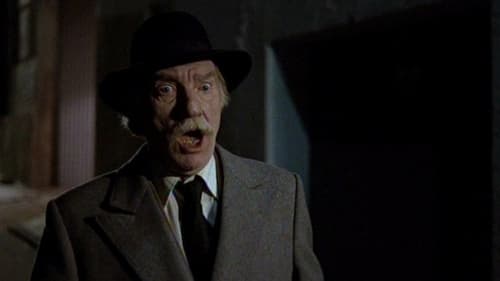
The news of the death of Franco has a special resonance in the family of Florentina. Fiorentina communicates to the rest of the family a story far more important than the general's death: her husband Emiliano (Fernando Fernan-Gomez), who had been left for dead in the civil war, is alive. During the Franco dictatorship has remained hidden beneath the pylon is in the courtyard of the house.

Farrebique, the first feature-length effort of French documentary filmmaker Georges Rouqier, is widely regarded as his finest film. Rouqier concentrates on a single French farm family, following them through the four seasons. As in the works of Robert Flaherty, the human characters and the land surrounding them are "one", and Rouqier never misses an opportunity to parallel their lives with the eons-old phases of nature. The final symbolic images of Spring, achieved through time-lapse photography, are almost unbearably beautiful. The winner of several festival awards, Farrebique nonetheless did not immediately result in an outpouring of financing for Rouqier's follow-up films (this was a common problem in the financially strapped French film industry of the 1940s). Perhaps as a result, Rouqier did not make his sequel, Biquefarre (filmed in the same region, with some of the same "actors"), until 1983.
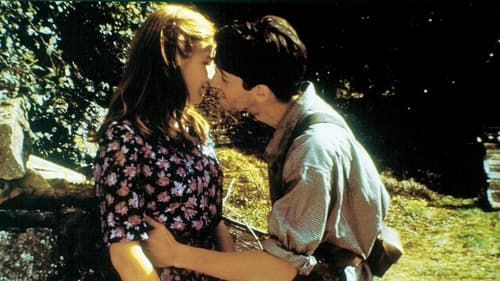
Espanha, 1944. Lucía regressa à sua casa na aldeia rural e reencontra Manuel, um membro da resistência local contra Franco. Apesar dos riscos, ela se envolve cada vez mais com ele. Quando a Guarda Civil de Franco persegue Manuel, eles fogem para as montanhas.
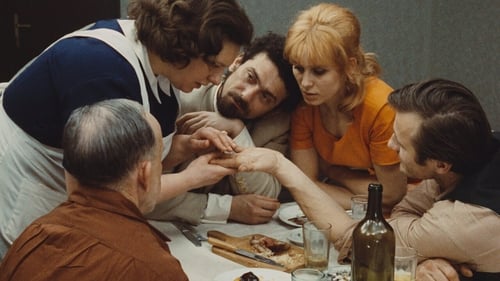
The title "All My Good Countrymen" is not without irony as this epic tale of Czech village life from shortly after the end of the Second World War concentrates on the activities of a group of friends who are not beyond reproach in siding with a politically corrupt regime for material advancement. Are these the "good countrymen" of the title or does it refer to the rest of the village who scorn these petty authority figure with silent contempt?

